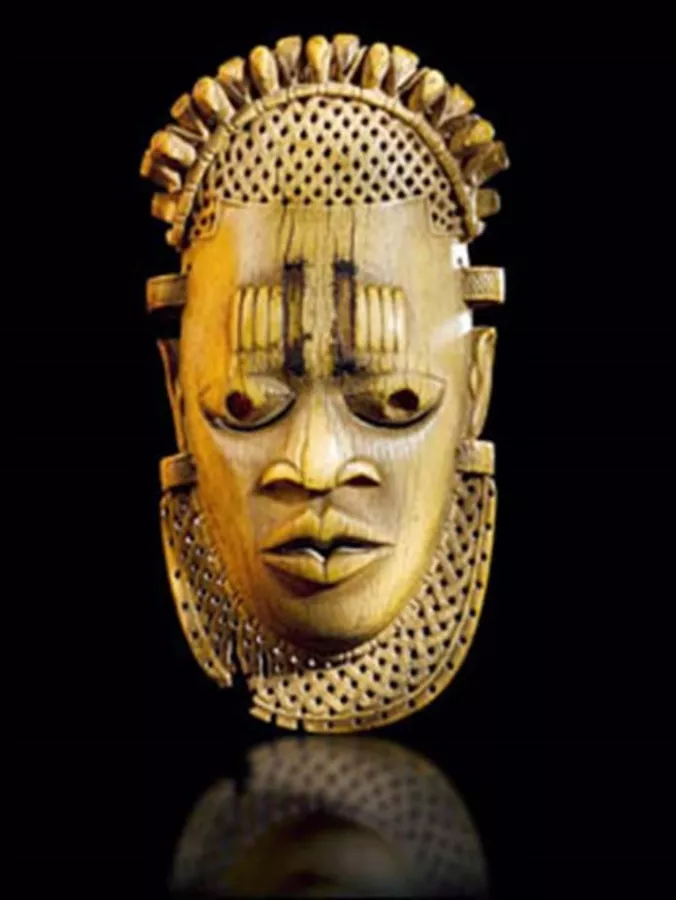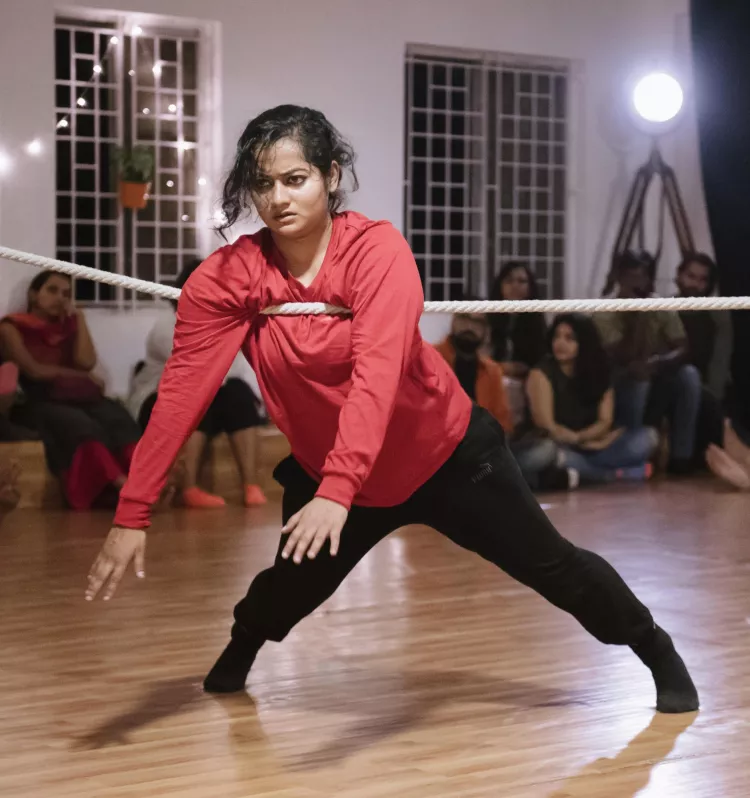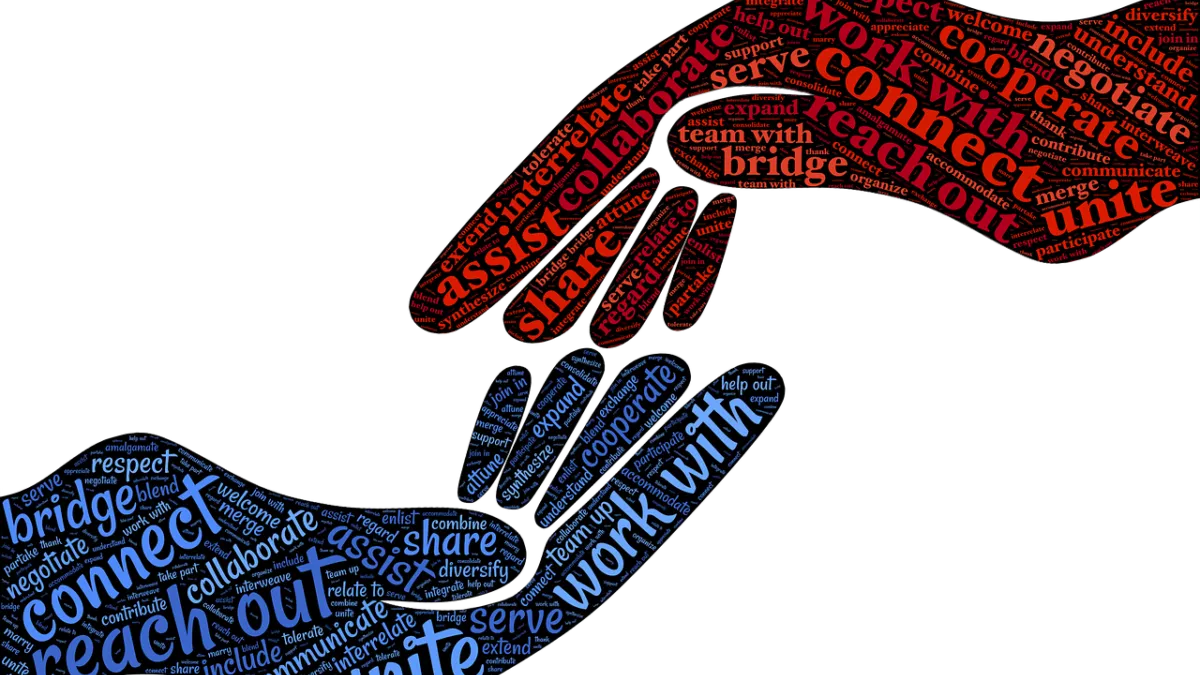- Saturday, February 20, 2-4pmBlack Dance Forms Matter: An Intergenerational Conversation
Speakers: Kyle "JustSole" Clark, LaDeva Davis, Chandra Moss-Thorne, Jeannine Osayande with C. Kemal Nance '92, Jalisa Roberts '13, Ainsley "Tori" Knox '21, and ShaKea Alston ’17
If we are talking Black Lives Matter, it is paramount that we include local Black history and our shared local Black knowledge to help students connect their scholarship and theory with scholars, artists, and activists in the community from whom the students have learned for years. The Swarthmore College Dance Program has had a wealth of Black knowledge and Black experience on staff for over thirty years. Diasporic African drum and dance traditions, Tap, Hip Hop, and Ballet are currently taught by Black faculty. The Black Dance Forms Matter intergenerational forum will draw on Swarthmore’s history of Black dance programming, Black faculty voices, Black student’s voices and future ways we can make effective change together with Swarthmore College Dance Program allies and the global dance community.

- Thursday, February 25, 6-7pmWhat is this "African" in "African Dance"
Speaker: Jasmine Johnson
This talk explores the historical and embodied politics of "West African dance." Often treated (from a Global North perspective) as a discreet movement genre, this talk enters this presumed category as an unstable movement, aesthetic, and historical one. Anchored by ethnographic fieldwork in the San Francisco Bay Area, New York City and Conakry, Guinea, I consider the ways in which "African dance" sits at the intersection of dance, commerce, consumption and tourism.
Jasmine Johnson is a scholar and dance practitioner based in Philadelphia. Her work explores the politics of Black movement including dance, diasporic travel, and gentrification.

- Friday, March 5, 9:45am - 12:45pmCultivation of the Arts
Speakers: Lela Aisha Jones (Bryn Mawr College), Jeanine Osyande (Swarthmore College), Alex Shaw (Independent Artist), Nandini Sikand (Lafayette College), Kimmika Williams-Witherspoon (Temple University)
The confluence of the deadly Novel Coronavirus with older forms of inequality, state violence, racism, Islamophobia, casteism, and gender atrocities has challenged us in multiple ways. But it has also perhaps driven us to imagine radical possibilities of a different future. In alliance with the Black Lives Matter Movement and its international vision of justice and collaboration, this webinar will explore how Black and BIPOC artists and scholars engage with communities through their art practices such as poetry, film, music, and dance. This webinar is a springboard to begin conversations about sustained engagement with artists and communities in Philadelphia and beyond.
Some of the questions we will explore include:
- How can our art practices respond to the pervasive racial, economic, and gender inequalities that were revealed through the pandemic and recent social movements?
- How do we build long-lasting and deep engagement with Black, Indigenous, and immigrant communities in the region through our arts practices?
- What kinds of partnerships and projects can we envision through these interactions?
- What kinds of institutional changes, collaborations, and pedagogy are needed for building a more inclusive, diverse, and just society.

- Friday & Saturday, April 16 & 17, 9:45am - 1pmIndian Dance and Dissent
Keynote Speakers: Nilanjana Gupta (Jadavpur University) and Urmimala Sarkar Munsi (Jawaharlal Nehru University)
Speakers: Pritika Agarwal (Temple University), Aishika Chakraborty (Jadavpur University), Nicole Cox (University of Illinois), Harshita Kamath (Emory University), Kareem Khubchandani (Tufts University), Satakshi Nandi (Independent Artist), Ameera Nimji (University of Puget Sound), Priya Srinivasan (Independent Scholar/Artist, Sangam Arts)
In this urgent moment of civil disobedience and transnational collaborations, we want to rethink the interrelation of dance, culture, and bodies, focusing on India, within the pervasive context of the erosion of democracy. In this seminar, organized collaboratively by Jadavpur University, Kolkata (School of Media, Communication, and Culture) and Swarthmore College (Department of Dance and The Lang Center for Civic and Social Responsibility) we ask what kinds of actions can the practitioners and scholars of dance undertake to address the crucial issues of the times from a transnational and local perspective. The seminar will explore the intersections of the different forms of dance in India (from classical and folk/tribal styles to popular forms such as Bollywood and HipHop) with state ideologies and markets. The bodies or identities of dancers, including Indian, non-Indian, and diaspora, will be examined on issues of access, power, pedagogy, and practice. As Indian Dance Studies gets global visibility, we want to engage with the ethics of dance research, power relations, and community engagement. Some of the questions we will address include:
• How can we deepen awareness of the entrenched inequalities of casteism/classicism, anti-Muslim practices, gender violence, and patriarchy perpetuated directly or indirectly through Indian dance?
• Does the system of gurus and parampara reinforce the creation of docile bodies?
• How may it be possible to create points of rupture or resistance to the deep-rooted state ideologies that aggressively disenfranchise citizens and perpetuate an elite and/or monolithic understanding of Indian dance.
• What are the nuances of the relationship between the researcher and the subjects of her research in embodied practices? What are the ethics of doing dance research?

Moving for Justice
A speaker series from the Dance Program at Swarthmore College dedicated to the study and advancement of dance and social justice.

Spring 2021



